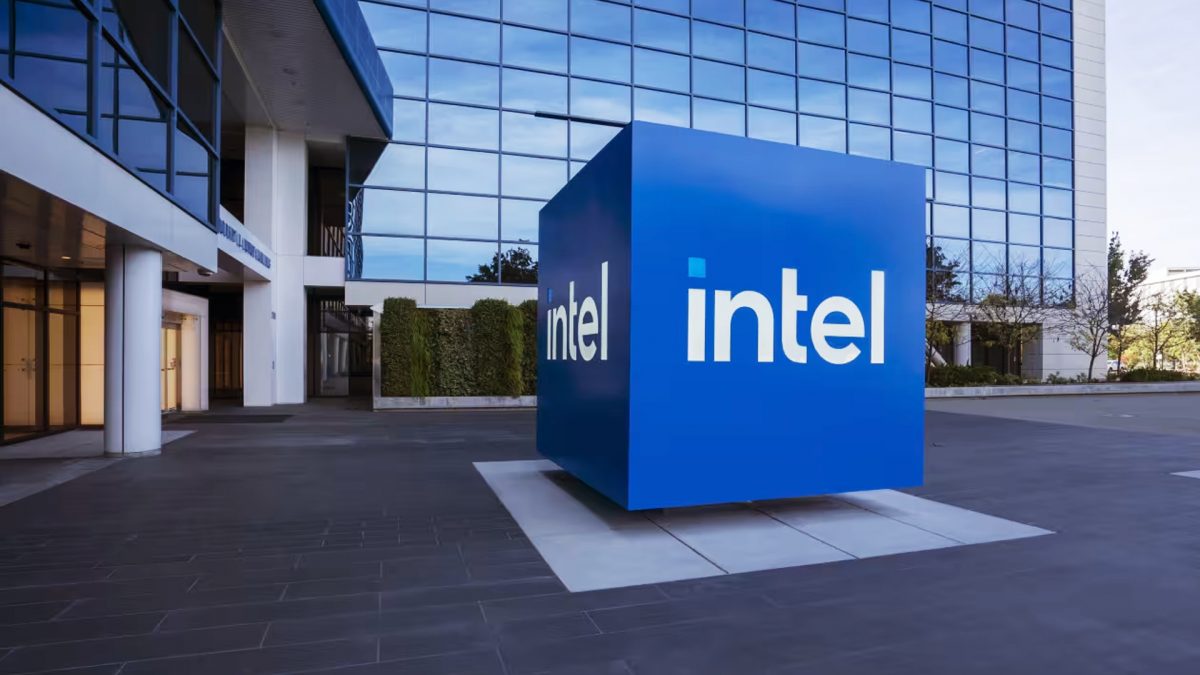For Intel, a lot is riding on its Lunar Lake CPUs.
A legacy chipmaker with a rich and coloured history, Intel has dominated the desktop PC, laptop and data centre space with its CPUs and other offerings. However, NVIDIA and AMD have come out swinging over the years while challenging Intel for its crown.
And then came Qualcomm the new kid on the block, with its ARM-based processor, challenging Intel to a fight at its last bastion - CPUs or SoCs for laptops. Intel had to come out punching, and hard. With the Lunar Lake CPUs, or the Core Ultra 200 series of SoCs, Intel hopes to have done just that.
During the launch of the Intel Core Ultra 200 ahead of IFA 2024 in Berlin, Firstpost had the chance to sit down for a chat with Robert Hallock, the Vice President and General Manager of Client AI & Technical Marketing at Intel, and discuss what the future of computing looks like, and more importantly, how will AI PCs change what we think of regular, everyday computing, and how x86 fares against ARM when it comes to AI PCs.
During the launch of the Intel Core Ultra 200 series of processors, one recurring theme from Intel’s presentation was that several popular games and highly used applications either ran with a lot of issues or did not run at all on Qualcomm’s ARM-based processors. Intel also went to great lengths to show how Intel’s Core Ultra 200 series of processors had significantly better performance and performance-per-watt figures than its competition.
So is Qualcomm a real threat for Intel?
Taking on the new kid on the block
“I think the reality is, the media was quite enthusiastic about the idea of a third processor option coming into the market. And whether that coverage was warranted or not doesn’t really matter to me,” said Robert Hallock.
Impact Shorts
More ShortsHallock, who was with AMD for 12 years, until September of 2022, before joining Intel the following year, added, “I think that set up an environment where we recognize that we are being challenged. Challenged to reply, challenged to perform, challenged to do better — in terms of battery, power, and efficiency. So you can’t really deliver the same old presentation that doesn’t mention your competitor.”
“Everybody wanted Intel to directly answer the challenge that was being put in front of us, and so we did. And we think we have a product that is faster, that consumers lower power and offers a longer battery.”
At Computex earlier this year, Intel CEO Pat Gelsinger claimed that Intel is not interested in ARM processors. “The x86 platform has a lot more to offer,” he had said. And it seems Microsoft tends to agree.
Earlier this year Qualcomm announced that its X Series of SoCs would power Microsoft’s Copilot+ SoCs. Several reports surfaced that Microsoft and Qualcomm had signed a one-year exclusive deal which would ensure that laptop manufacturers would only work with Qualcomm for Copilot Plus laptops.
However, just a few months later, we are seeing Microsoft and other laptop manufacturers opening up the Copilot Plus programme to Intel and AMD-based machines.
Perhaps this has to do with the fact that Snapdragon’s ARM-based SoC, for all the efficiency and battery life improvements they bring simply does not hold up to the challenge that daily users put their laptops through, and have some issues with compatibility in some of the most popular applications that are being used.
The state of ARM vs x86 platforms
Counterpoint Research though, believes that ARM has a lot to offer. A study they published in August this year, claimed that Windows on ARM would capture over One-third of the AI PC market by 2029. Is Intel worried about that though? It seems, not really,
“We’ll see what time holds, won’t we? I think at the end of the day, capturing any amount of market depends on your ability to offer the best performance, best battery life. And if things keep going like we’re going, I think it’ll be great.” said Hallock
“People buy power, and performance. And already we’re demonstrating that our competition in San Diego has some compatibility issues still to deal with, some very serious ones,” added Hallock, alluding to Qualcomm’s compatibility issues.
“They (Qualcomm) are not quite as good at power as people believe. And they’re not quite as good at performance as people believe. And so I hope people make a different set of buying decisions and then we need to keep doing things like Lunar Lake over and over and over. It will boil down to a good roadmap.”
Note: Intel flew the author to Berlin, Germany to cover IFA 2024, and the launch of Intel Core Ultra 200 series
)